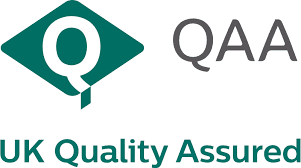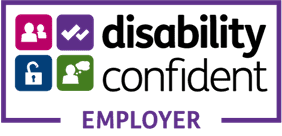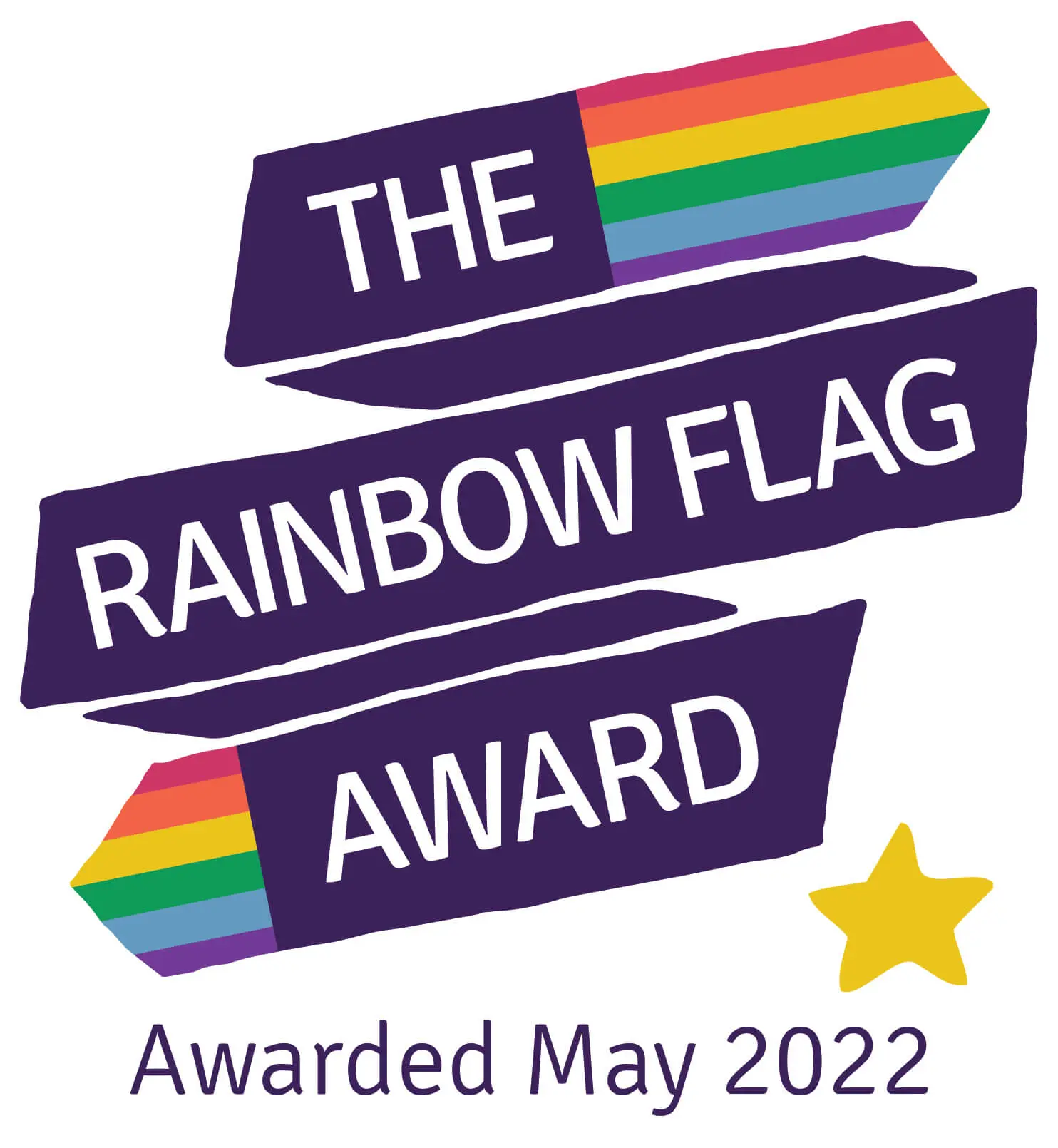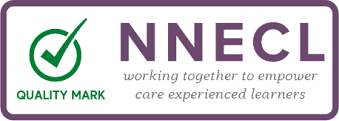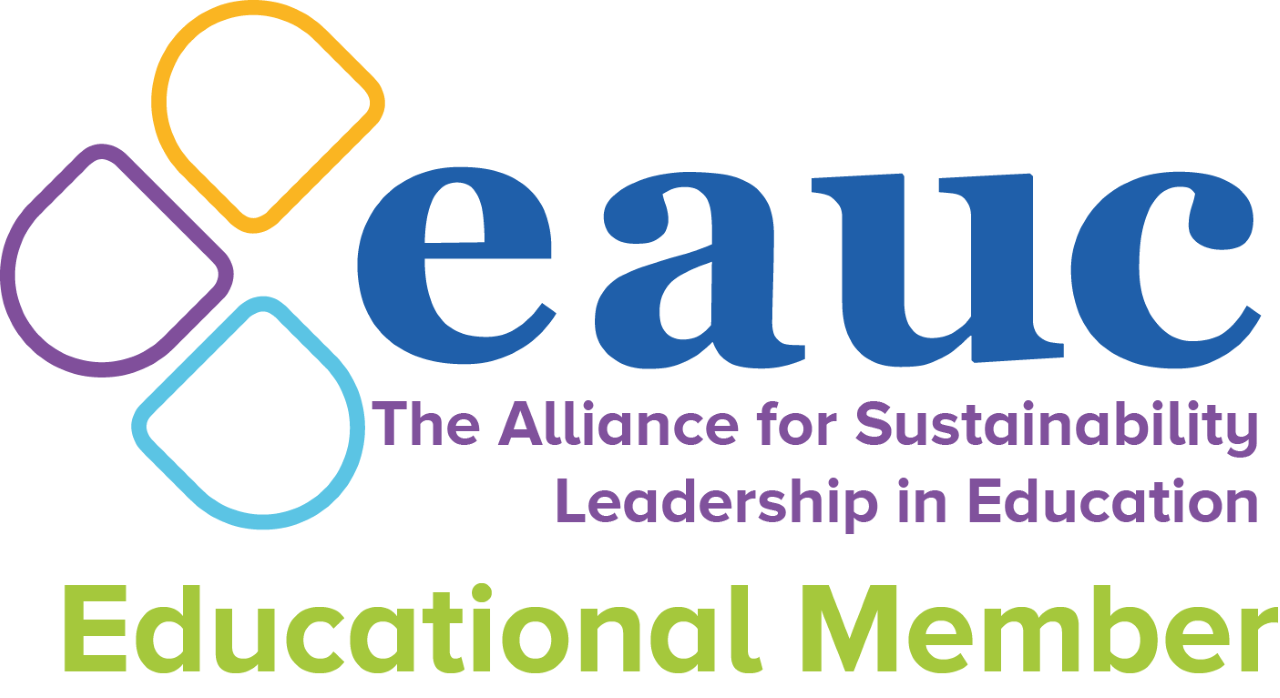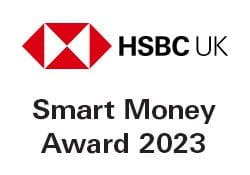Certificate in Understanding Environmental Sustainability – Level 2
Course code
A72081A
Why study this course?
This course is perfect for anyone who would like to develop their knowledge and understanding of a range of topics relating to environmental sustainability including control of global warming, reducing carbon emissions, alternative energy sources, conservation, environmental monitoring and energy management. The qualification forms part of a wide-ranging strategy of sustainability improvement.
Course content
Unit 1: Principles of sustainable development In this unit learners will cover:
- The definition of sustainable development
- Human and global issues that impact sustainability
- Common objections to sustainable development
- Benefits of sustainable development and environmental management systems
- The impact that organisations and the environment can have on each other
- How a carbon footprint is calculated
- How to manage carbon footprint in an organisation
- How to reduce carbon footprint in an organisation and at home
- What ‘resource efficiency’ means
- Benefits of using resources efficiently
- Circular sustainability
- Consequences of organisations polluting the environment
- How organisations help prevent pollution
- How management structure can support environmental sustainability
- How employees can help support environmental sustainability
Unit 2: Principles of sustainable communities In this unit learners will cover:
- The definition of ‘sustainable community’
- What is required for a community to be sustainable
- The local and global benefits of a sustainable community
- Resources that can be used to support community development proposals
- Sources of support for implementing sustainable development in a community
- Engaging with sources of support for development proposals
Unit 3: Principles of sustainable energy management In this unit learners will cover:
- The definition of sustainable energy management
- Legislation and international agreements relating to sustainable energy management
- Energy conservation techniques
- The contribution of renewable energy sources to sustainable energy management
- How energy saving can be monitored
- How to manage energy usage
- How to set targets for energy saving
Unit 4: Social responsibility of businesses in relation to sustainability In this unit learners will cover:
- What is meant by Corporate Social Responsibility (CSR)
- The importance of social responsibility in businesses for sustainability
- Why businesses might take action to improve social responsibility
- The Triple Bottom Line (TBL)
- How the TBL can impact sustainability
- Greenwashing
- The impacts of greenwashing on society
- The implications of greenwashing on organisations
Unit 5: Principles of waste management In this unit learners will cover:
- Types of waste
- Characteristics of different types of waste
- Factors which influence the quantity of waste produced by an organisation
- Legislation relevant to waste management
- Public and private sector organisations that have a role in waste management
- The need to manage and minimise waste
- How waste can be used
- How waste management can be promoted
- Methods for disposal of reusable or recyclable waste
- Methods for disposal of waste that is not reusable or recyclable
- How to dispose of waste safely
Unit 6: Principles of sustainable transport In this unit learners will cover:
- What sustainable transport means
- Sustainable transport methods
- The importance of reducing transport vehicles
- Vehicle fuels not derived from petroleum
- Factors to consider when assessing alternative fuels as sustainable options
- Economic, environmental and social aspects of sustainable fuels
- Economic, environmental and social benefits of reducing the use of vehicles
- Ways organisations use and interact with transport systems
- Impact of transport on the environment
- How organisations can incentivise staff to reduce transport use
- Incentives that can be offered to the public and transport providers to reduce vehicle use
- Schemes to penalise vehicle use
- Barriers that may inhibit the public from reducing vehicle use
- Types of leisure travel
- Sustainable options for leisure travel
- Carbon dioxide emissions of different transport types
- The impact of carbon dioxide emissions of different transport types
- Methods to promote more sustainable transport.
Unit 7: Sustainability applied in own setting (optional) In this unit learners will cover:
- The purpose of carbon audits
- Carrying out a carbon audit in own setting
- Planning sustainability improvements based on the carbon audit
- What is meant by ‘zero waste’
- Evaluating a zero waste approach in own setting and creating an action plan
- How to address sustainability issues in own setting
- Sources of support when addressing sustainability issues
- Impacts on sustainability when working from home compared to working in a workplace
- Energy efficiency and transportation audit
- Challenges that may be faced when addressing sustainability issues in own setting
Entry requirements
Age 19+
Aged 19-23 – level 2 qualification or 5 GCSEs
Aged 23+ Good level of written and spoken English
Materials
Distance Learning – all learning materials and assessments provided – fully online
Day, time and duration
Anytime – all courses to be completed in ten-week period – learn at home
Start date
Anytime
Fees
FREE


